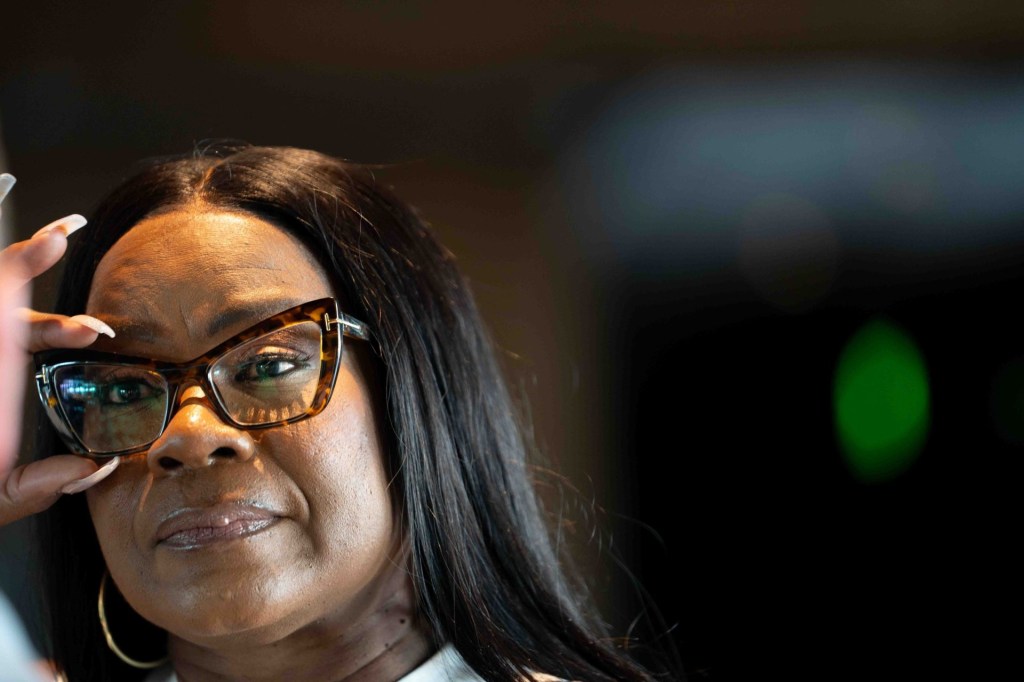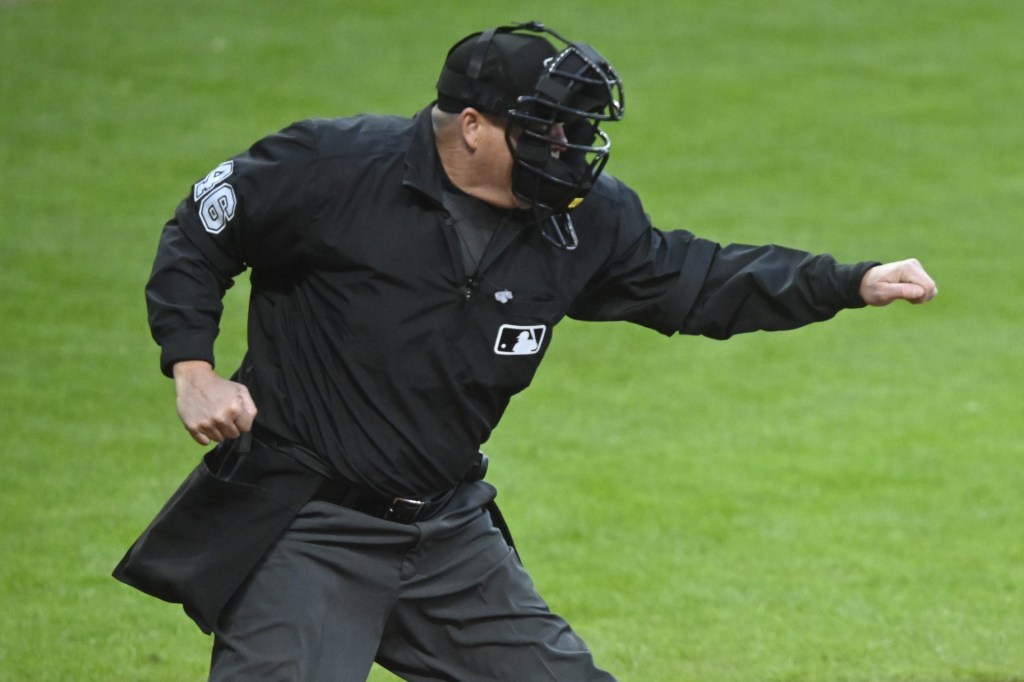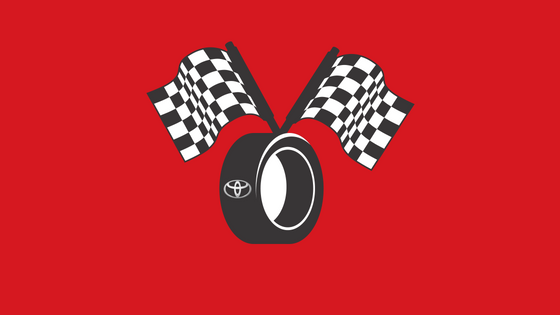
With two Monster Energy NASCAR Cup Series championships since its entry into NASCAR in 2007, Toyota’s success on the race track is evident. What’s also changed over the past 11 years is the opinion of the brand at the track and the attitude of consumers towards Toyota, which is something that NASCAR has helped play a significant role in.
Since making its entrance into the sport, which was heavily dominated by the likes of Ford and Chevrolet, Toyota has seen a 61 percent increase in the acceptance of its brand within NASCAR.
“When Toyota first came into NASCAR, it was a foreign brand,” said Laura Pierce, motorsports general manager for Toyota North America. “At that time, nobody wanted Toyota in NASCAR. It took some time for us to earn our stripes in the sport and to get that recognition and people saying, ‘hey, they’re an equal competitor; they’re equivalent to the Ford or Chevy being in the sport.’”
[the_ad_group id=”948″]
Of that 61 percent increase in acceptance, 10 percent has come in the past three years. What that means for the manufacturer is that Americanization is happening — and it’s happening fast. Toyota has invested more than $21 billion in the U.S. market and plans to invest $2 billion more each year until 2022. In the United States alone, 17 million Toyota vehicles have been manufactured, while over 350,000 Americans are employed by Toyota USA at various locations across the country.
No longer do NASCAR fans and consumers consider Toyota a foreign brand. Rather, they see Toyota as equivalent to other American manufacturers and have increased purchase considerations of Toyota’s substantially.
“We’ve seen a 24 percent increase in purchase consideration since we came into the sport,” Pierce said. “That increase makes us equally considered with Ford and Chevy when people go to buy a car. I think that’s a huge return on investment that when people go to look at buying cars that they’re considering us.”
NASCAR has helped Toyota get on equal footing when it comes to consumers heading to a dealership and choosing which brand of vehicle to purchase.
“There’s still an opportunity with us being in the sport to continue to express the Americanization message,” Pierce said. “We want to say, ‘hey, we’re a manufacturer here in North America. We’re equivalent to the other manufacturers that are building cars in North America.’”
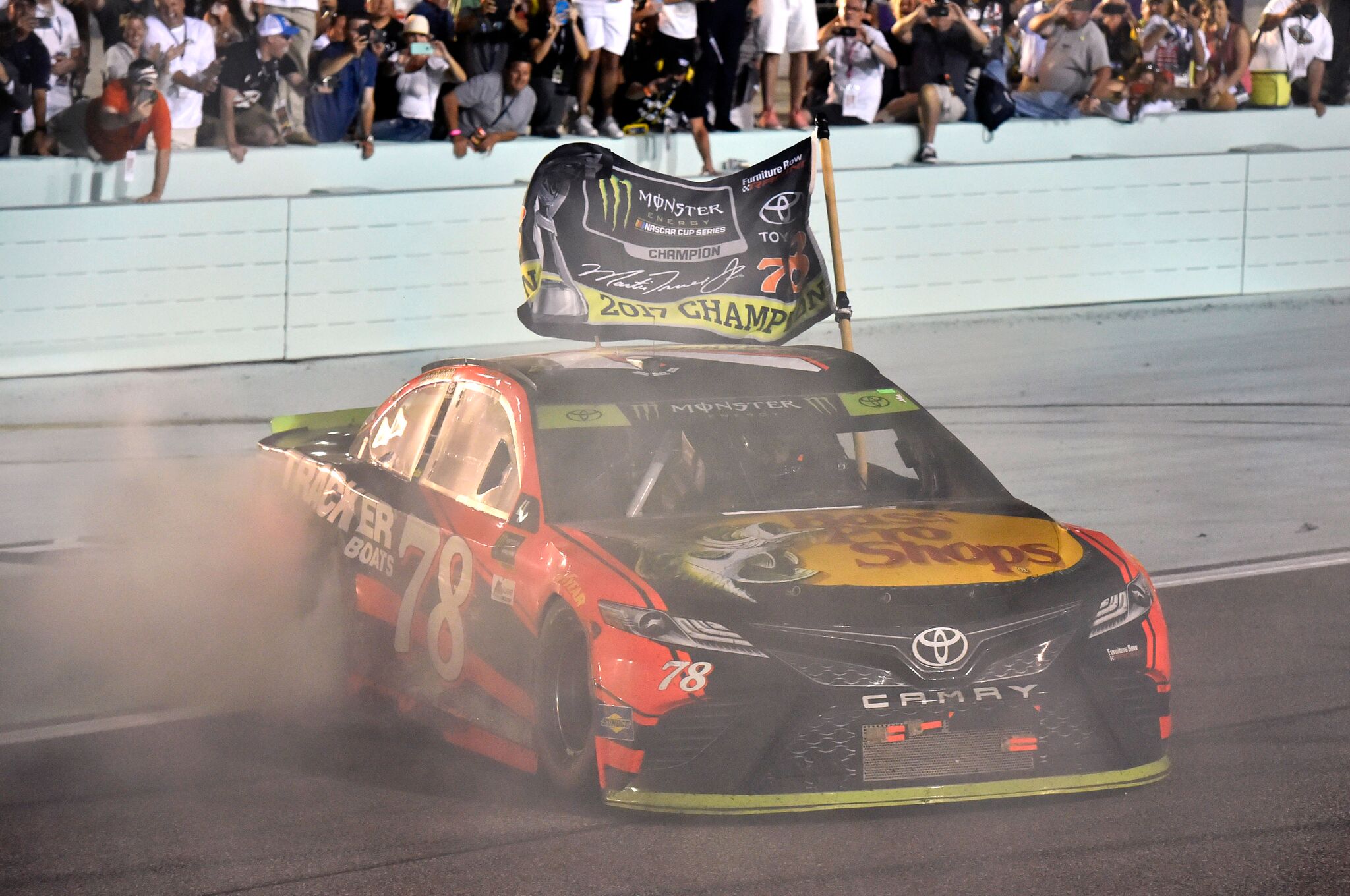
Martin Truex Jr., driver of the No. 78 Furniture Row Racing Toyota Camry, won the 2017 Monster Energy NASCAR Cup Series (MENCS) championship. It was Toyota’s second MENCS championship in the past three seasons. Image from Toyota Racing.
It took a little less than 10 years for Toyota to capture its first Monster Energy NASCAR Cup Series championship, but Kyle Busch piloted his No. 18 Joe Gibbs Racing Toyota Camry to the championship in 2015. Two years later, Martin Truex Jr. drove the No. 78 Furniture Row Racing Camry to the championship, giving the manufacturer two championships in three seasons.
The championships on the race track have done wonders for the Camry, when it comes to consumers driving one off the dealership lot. Since Busch’s 2015 championship, Toyota has seen a seven percent increase in Camry purchase consideration.
“Mike Childs (Toyota Motorsports Marketing Manager) mentioned the idea of winning on Sunday and buying on Monday,” Pierce said. “I think that those cars (Camrys) are viewed as championship cars and thus become something that consumers want to consider.”
One of the biggest announcements that recently took place for Toyota was that the Supra will run in the NASCAR Xfinity Series starting in 2019. Not only will the car compete for a championship, but it will also return to production as a consumer car.
“The Supra is an iconic sports car,” mentioned Pierce. “The consumers have been asking for a long time, ‘please bring it back.’ We’re excited to debut in it the NASCAR Xfinity Series next year and have our drivers try to win races in it. It’s a great way to show commitment to our Toyota fans. We’re bringing back a car they’ve been asking for and are going to bring into a sport they love.”
The Supra will give Toyota a chance to rival Chevrolet’s Camaro and Ford’s Mustang in the Xfinity Series, but also to sell at dealerships.
“Now we’ll have the Tundra, the Camry and the Supra, three of our different brands, in motorsports. It’s a great opportunity for a customer to come see a race and then see the car on the showroom floor,” Pierce said.
The good news for NASCAR fans? When Toyota goes to a race weekend, its activation extends beyond just talking about the cars on the track. Instead, Toyota brings multiple models to the racetrack, giving fans a number of different models to explore and considering purchasing.
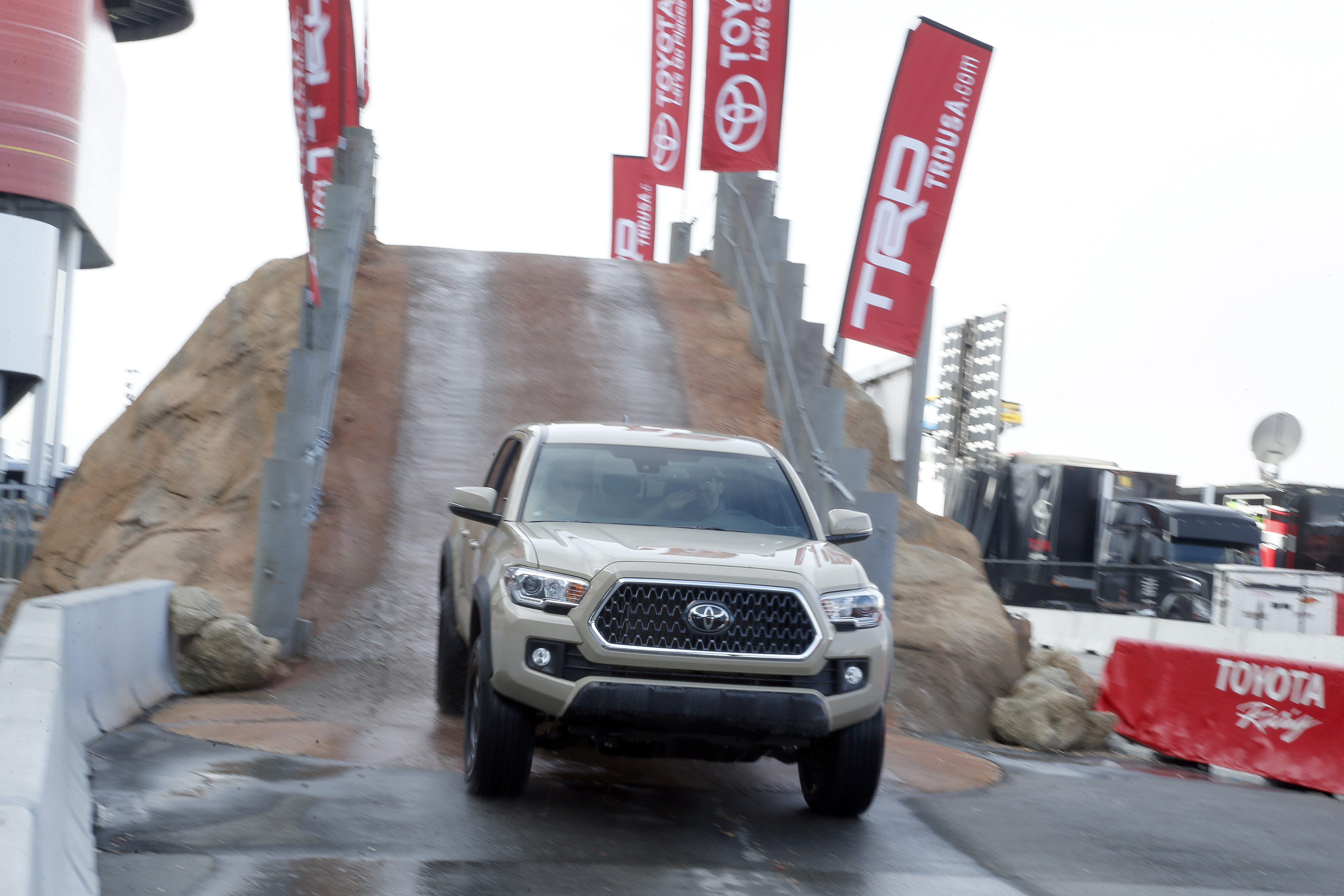
The Thrill Ride at Daytona allows fans to experience a Toyota vehicle during the race weekend. Image from Toyota Racing.
“Our activation space is a display area,” Pierce said. “Fans can go and see the cars and sit in them and try them out. It’s an avenue to reach out to potential customers. Maybe they’ve never sat in a Toyota or experienced one. It’s an opportunity to get them exposure (to the brand).
One of our biggest things for race weekend activation is a thrill ride, where you have the opportunity to get in a Toyota vehicle and see how it performs when it’s truly the stock car that you could buy off the lot.”
And as one would expect, not only does a NASCAR race weekend allow fans to see the different models on the track, but it gives Toyota a chance to market to consumers and allow a local dealership to help a fan make a purchase.
Want more content like this? Subscribe to our daily newsletter!
While fans continue to get exposure to the brand and Toyota’s acceptance and fan base within the sport increases, Pierce and her team understand that it is important to continue to grow the brand.
“We’re a car company. What we do is sell cars,” Pierce said. “We want to continue to grow the recognition that a lot of the cars that we sell are made in North America, the recognition that we employee many, many individuals within the United States. In our activation areas (at the track), you have the map that shows where the cars are produced and you have a ‘born on’ sticker on each car that says it was born in Kentucky or Indiana. Within NASCAR, we have a chance to showcase another car and reach consumers in a different way than our traditional advertising methods. The drivers are big advocates for our brand, so they can help us promote that messaging as well.”
What will the future hold for Toyota on and off the track? Stay tuned to find out as its stable of drivers compete for another championship in NASCAR’s three premier series, which the executives hope will continue to increase Toyota’s market growth.
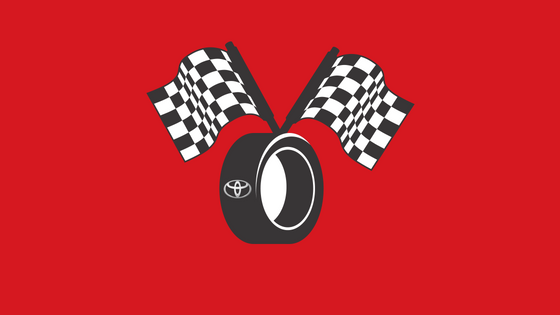
![[Subscription Customers Only] Jun 15, 2025; Seattle, Washington, USA; Botafogo owner John Textor inside the stadium before the match during a group stage match of the 2025 FIFA Club World Cup at Lumen Field.](https://frontofficesports.com/wp-content/uploads/2026/02/USATSI_26465842_168416386_lowres-scaled.jpg?quality=100&w=1024)
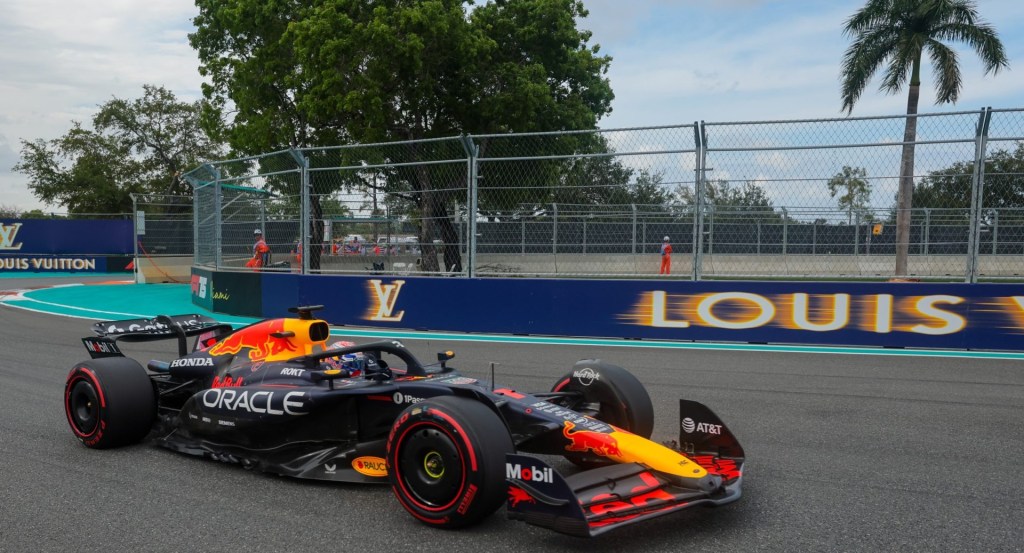
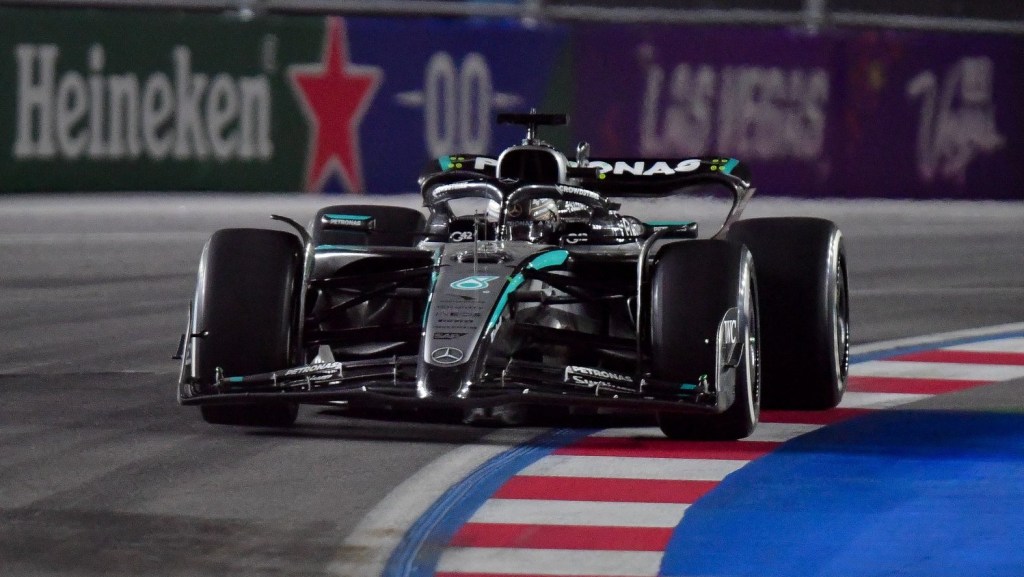
![[Subscription Customers Only] Jul 13, 2025; East Rutherford, New Jersey, USA; Chelsea FC midfielder Cole Palmer (10) celebrates winning the final of the 2025 FIFA Club World Cup at MetLife Stadium](https://frontofficesports.com/wp-content/uploads/2026/02/USATSI_26636703-scaled-e1770932227605.jpg?quality=100&w=1024)






